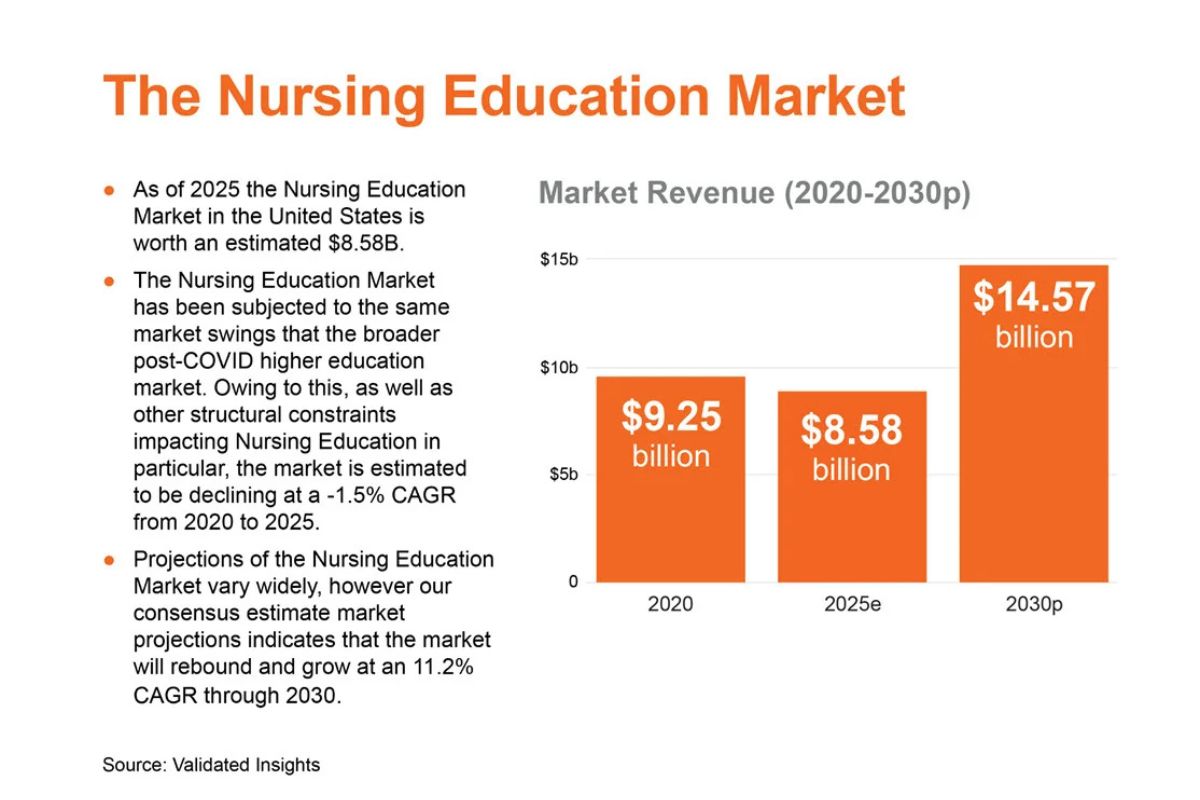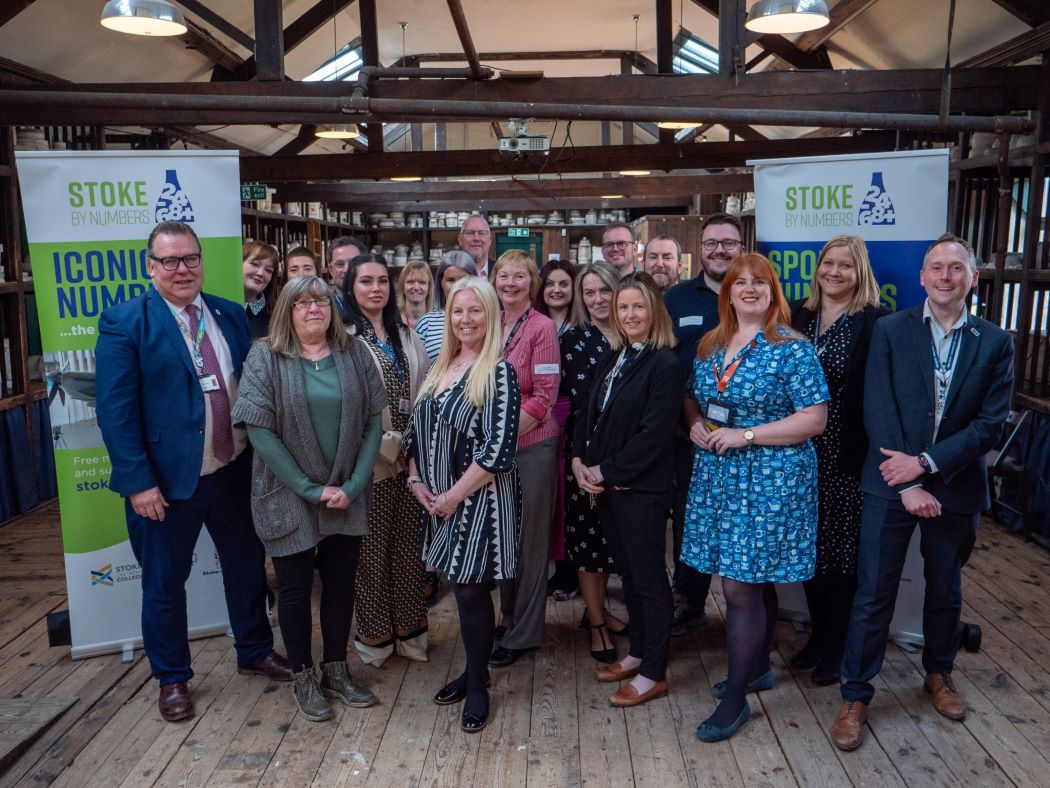Three Key Insights on AI’s Role in Shaping the Future of Education

Shahd Dauleh and Selma Talha-Jebril, co-curators of Qatar Foundation’s 2023 WISE Summit, explore AI’s role in shaping the future of education. They discuss how to adopt the usage of AI to benefit us.
As artificial intelligence (AI) becomes increasingly entwined with our daily lives, the education sector stands at a pivotal juncture. The advent of technologies like Chat GPT has sparked a flurry of discussions about the need to evolve educational practices for an AI-dominant era. Questions about curriculum relevance, assessment integrity, teacher readiness, and the safety of AI in classrooms are more pertinent than ever.
In late 2023, the biennial World Innovation Summit for Education (WISE) convened a global forum, in Doha, of experts to tackle these pressing issues, culminating in a comprehensive report on the findings and recommendations. Here’s a distilled summary of what we learned:
1. We need to work with AI, not around it
The education sector faces long-standing challenges, notably personalising learning experiences and alleviating teacher burnout. AI emerges as a beacon of hope, offering innovative solutions to these issues. By harnessing AI for tasks like automating parent engagement, optimising curriculum development, and tailoring learning paths, we stand to greatly improve educational outcomes. These tools not only promise personalised learning but also offer support to teachers, potentially mitigating the global teacher shortage.
Educators’ roles are undergoing constant evolution, and classrooms are dynamic environments where the adoption of new AI-powered tools is not just beneficial but essential. While embracing technology can be met with some initial hesitancy, particularly when dealing with new tools like AI and a long list of burdens educator’s already deal with in their day-to-day teaching. AI tools can contribute to personalised student engagement, productivity but also offer educators invaluable insights into student learning processes, alleviating some of the time-consuming tasks they face.
In the realm of generative AI specifically, teachers can create lessons, activities, assessments, discussion prompts, and presentations effortlessly by providing a brief prompt with keywords. Therefore, the imperative of providing continuous professional development opportunities for educators cannot be overstated. This includes nurturing educator AI literacy, a crucial component in preparing them for the AI era and equipping them with the skills to effectively integrate AI into their teaching methodologies.
Numerous studies indicate that when teachers are trained by their peers, they are more inclined to integrate the newly acquired skills. The importance of educators embracing and taking ownership of these tools is clear. One effective approach to achieve this is to incorporate peer-to-peer continuous learning as a component of teachers’ in-service training. Incentivising in-service training can encourage usage and motivation. Finally, AI-literacy modules and professional development should be introduced as a national strategy that is however contextualised based on the school realities and capabilities (i.e. human resources, training language, etc.).
2. We need comprehensive regulation
The integration of AI into educational settings raises significant ethical considerations, especially concerning privacy, data security, and the use of student data. Two main areas require urgent attention: the development of robust regulatory frameworks that ensure privacy and data protection, and the adaptation of these frameworks to reflect local contexts and values.
Partnerships between tech developers and educators are crucial to create AI tools that are ethically sound and respect the educational community’s needs. Developing specific regulations for AI in education should focus on transparency, responsibility, and obtaining consent from users, ensuring AI is used in a way that benefits and protects the educational sector.
At the national level, policies should defend against the overreach of global AI forces, protecting the digital autonomy of educational systems. This involves crafting regulations that prioritise data privacy and align AI tools with local values and educational goals. For regions with distinct cultural and linguistic identities, like Arabic-speaking areas, AI tools should be adapted to respect cultural nuances and language specifics, ensuring relevance and inclusivity.
As AI’s influence grows, establishing clear, context-sensitive guidelines becomes crucial to protect the sovereignty of educational systems and to align AI applications with societal norms and priorities.
3. We need to ensure no one is left behind
As we explore AI’s potential to revolutionise education, we must confront the persistent issue of equitable access. Although AI holds the promise of democratising education by offering, at low cost, higher quality personalised learning opportunities, this potential is not a given—it’s a goal that requires intentional design and vigilant management. This entails that we address systemic barriers to access, including infrastructure, affordability, and digital literacy.
The existing digital divide and disparities in access to quality education underline the urgency of embedding universal accessibility and democratisation at the core of AI development in education. Without a proactive approach to ensure AI is accessible to all, there’s a risk that these technologies could inadvertently deepen existing inequalities. Our commitment must be to design and deploy AI tools in a way that purposefully narrows the educational divide, making inclusivity and universal access foundational principles, not just afterthoughts.
The WISE Summit also recognised the importance of including the voices of those directly impacted by educational policies—students. Through WISE’s Learners’ Voice Programme, high school students from Qatar expressed overwhelming support for the integration of AI in education, highlighting its potential to diversify learning methodologies and alleviate teacher workloads. Their insights underscore the generational optimism about AI’s role in fostering more engaging, efficient, and equitable educational environments. Their comprehensive thoughts and insights, encapsulated in a white paper they’ve authored, offer a glimpse into the future of education as envisioned by those who stand to benefit most directly from AI’s advancements.
Keys to successful AI integration in education
AI certainly seems to hold many promises to improve classrooms far and wide, but success depends on a collaborative design approach ensuring tools meet actual classroom needs and complement, rather than replace, the invaluable human elements of teaching. Additionally, it is imperative to develop and implement AI literacy modules and professional development as a national strategy, tailored to school realities and teacher’s needs and to continue fostering collaboration between educators, policymakers, and technology experts to ensure AI tools meet classroom needs.
Replacing traditional assessments with more authentic and formative assessment methods that provide a holistic view of student learning, and emphasise critical thinking, creativity and problem solving, will help the successful integration of AI into modern education and learning.
By Shahd Dauleh and Selma Talha-Jebril
Shahd Dauleh serves as the Programmes Head at Qatar Foundation’s WISE. She has spearheaded initiatives such as Doha Learning Days, a community festival enhancing access to informal learning across Qatar, and Learners’ Voice, which empowers youth to influence educational development locally. Shahd also co-curated the 11th WISE Summit, a biennial global gathering of education leaders in Doha. Previously, she contributed to various Digital Society initiatives at Qatar’s Ministry of Communications and Information Technology. Shahd earned her Bachelor’s degree in Communications from Northwestern University in Qatar.
Selma Talha-Jebril is an Education Policy and Research Manager with Qatar Foundation’s WISE. She co-curated the 11th WISE Summit. Before WISE, Selma was the Evaluation, Research, and Business Development Specialist at the Institute for International Education (IIE) in New York and the M&E and Knowledge Management Specialist with Chemonics in Washington, D.C. She has 14 years of experience designing, managing, and evaluating medium to large-scale education programmes.











Responses